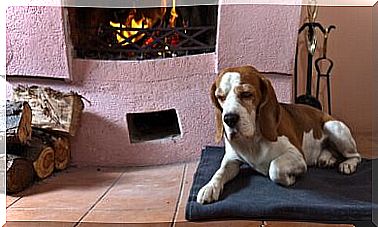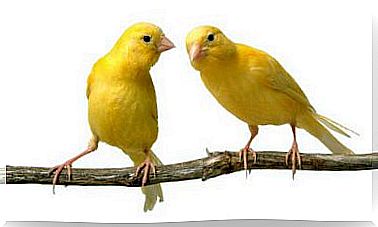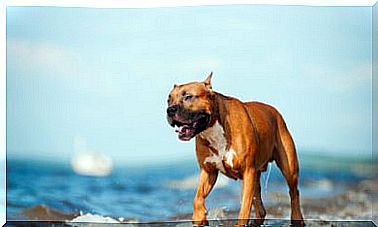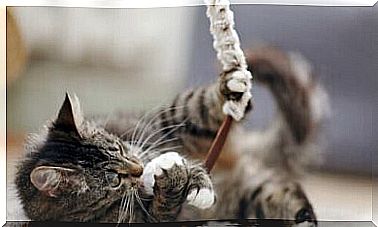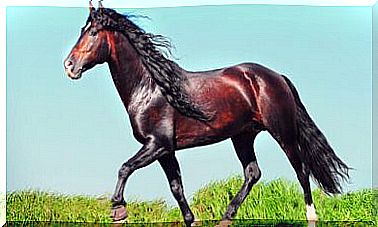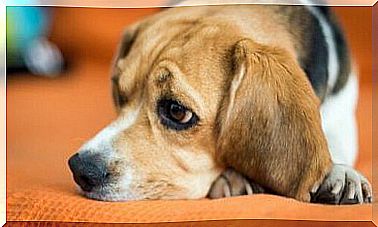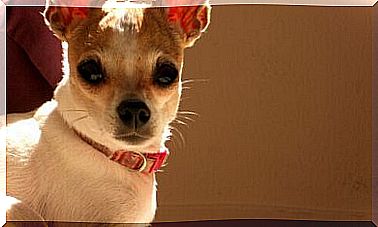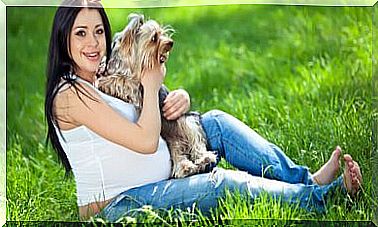How Do Dogs React When You Come Home?
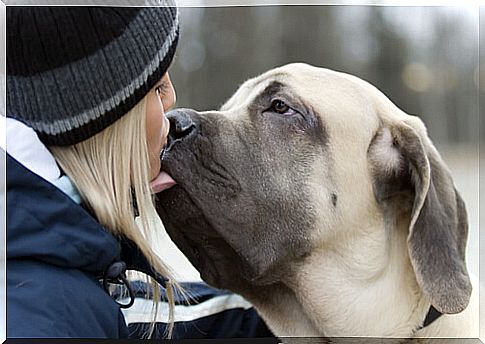
Dogs are known to create strong bonds with their owners, especially those who are directly involved in feeding them and spending time with them. Dogs can show great affection when you return home, whether it has been several days or just hours since your separation. Today we will analyze in detail the reactions of dogs upon your return home.
Dogs are very affectionate, but how they show it will largely depend on their personality and upbringing. There are dogs that jump into the arms of their owners, and others that are content to wag their tails and approach with a submissive attitude. Whatever your pet’s reaction, it is always very pleasant and rewarding to have someone waiting for us at home. Furthermore, your dog will always welcome you with great availability. However, many of the effusive reactions of dogs correspond to states of anxiety or stress accumulated during the span of time in which you have not stayed at home. Therefore, we present below some situations to which you will need to pay particular attention
Separation anxiety
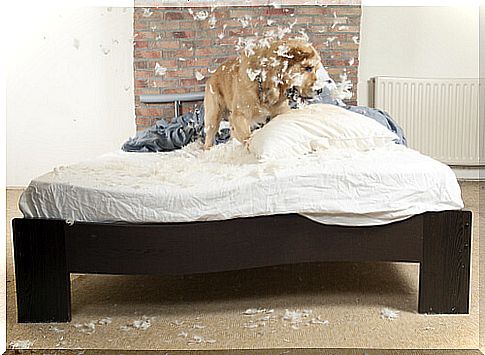
Separation anxiety is a state of stress that affects dogs when their owners are away from home, due to a feeling of abandonment. Once the owner leaves the house, even if for a few minutes, the dog begins to show signs of apprehension.
This happens very frequently in pets that are not used to loneliness who, when left alone, believe their owner will never come back. Therefore, they go into a state of alarm, constantly guarding the door, lose their appetite and develop a compulsive personality.
Separation anxiety can be corrected, but it would be best to prevent it with education. To prevent your dog from suffering from this condition, what you can do is leave him alone at certain times of the day such as when you are at work or school, but not for too long. Start with short periods of a few minutes, leaving him toys so he can pass the time in a fun way. Gradually, extend the time of absence, until the dog is able to remain alone for a few hours, without suffering from anxiety.
Excessive excitement on your return
A clue to understand if your dog has suffered from anxiety during your absence is to notice if he greets you excessively warmly when you return, even if you have not been away for a short time. When this happens, it is best not to stimulate his arousal; on the other hand, it is normal that if it has been days or weeks since the last time you met, he is very affectionate. However, if only a few hours have passed, it is best to wait until he calms down before saying goodbye.
It might seem a bit cruel but, after learning something about canine psychology, you will understand that if you encourage the dog’s arousal with stimuli or caresses, the message that passes is that that state of mind is welcome and, therefore, the your dog will use the excitement to work off the stress of loneliness. You better learn that he will have to stay calm and that there is nothing to fear if you go out for a few hours.
Depression
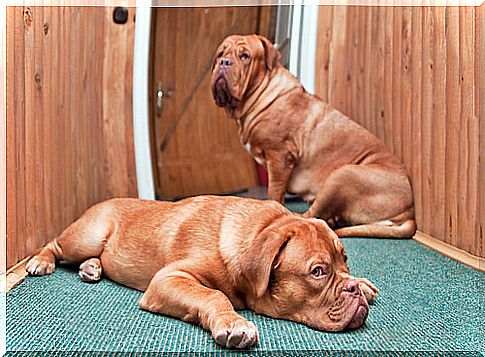
If the dog does not get used to the absence of the owner, the situation could become complicated, because he could become inappetent or depressed, factors that affect his health.
Depression in dogs is a dangerous condition that can attack their immune systems. If you find that your dog stops eating in your absence, it is best to consult a professional to understand how to handle the situation.
However, if these episodes of anxiety, stress or depression are not very frequent, and your dog remains calm enough, except when the absences are prolonged, then enjoy these demonstrations of affection that he offers you, try to calm him down and pet him, to make him understand that you also missed him.
